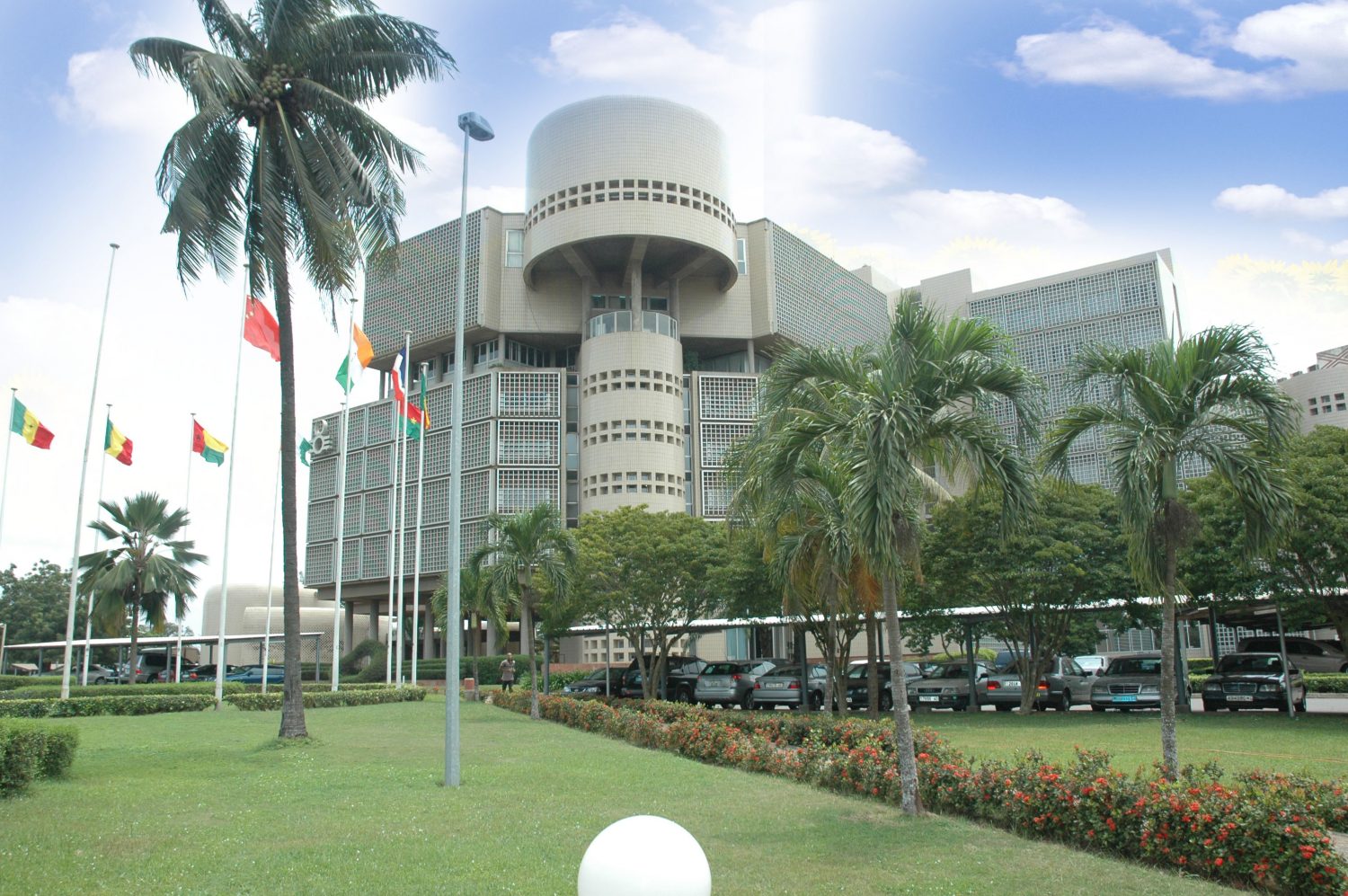BOAD, the economic engine of West African states
BY ALAN GREEN
The West African Development Bank, BOAD, was established in November 1973 to provide adequate financing for the implementation of development programs in the eight-nation West African Economic and Monetary Union, UEMOA, that comprises Benin, Burkina Faso, Côte d’Ivoire, Guinea Bissau, Mali, Niger, Senegal, and Togo. Under the outstanding leadership of Christian N. Adovelandé, its chairman/CEO since February 2011, who is assisted by seasoned executives, BOAD now boasts unprecedented records, ranking among the highest financial institutions in the entire African region with favorable grading by several rating agencies.
The numbers speak for themselves. At the end of December 2017, BOAD’s mid- and long-term disbursements for UEMOA’s member-states and their private sectors top CFAF b477.9 (USD m866.9), covering a total of 50 transactions, including CFAF b76.1 (USD m138.1) secured from IDA/World Bank and transferred to the Caisse Régionale de Refinancement Hypothécaire, CRRH (a guarantee fund) for the financing of low-income housing within UEMOA. BOAD’s funding supported investment projects in various high-priority areas such as transportation, electric energy, agriculture, access to housing, clean water, and the hospitality business, among others.
The bank’s high-profile investments over the past five years include the following:
-
A partial contribution to the construction of the Blaise Diagne International Airport in Senegal to the tune of CFAF b17 (USD m30.8)
-
A partial financing for the construction of the Henri Konan Bédie Bridge in Côte d’Ivoire to the tune of CFAF b28.3 (USD m51.3) out of the total cost of CFAF b159 (USD m288.4)
-
Phase 1 and extension of hydro-agricultural development in Molodo, Mali, with a contribution of CFAF b17.5 (USD m31.8) out of the total cost of CFAF b20.869 (USD m37.9)
-
The enhancement of the transportation and distribution networks of electric energy in Côte d’Ivoire, a total cost of CFAF b28.5 (USD m51.7), with a partial BOAD contribution of CFAF b25 (USD m45.4)
These actions are in line with BOAD’s Strategic Plan for the years 2015-2019 which aims at “the bank growing into a strong development bank conducive for the integration and economic transformation in West Africa.” The plan is intended to support the member-states’ aspirations to develop, and the bank’s desire to assist the private sector. In this context, while continuing to lend its support in the traditional sectors, BOAD now focuses on enabling the development of regional-grade companies, the promotion of public-private partnerships, and the development of innovative projects, with emphasis on climate finance.
BOAD works with its partners on the basis of a multi-dimensional cooperation strategy that encompasses financial and technical collaboration, co-financing of projects, and economic cooperation with sub-regional organizations and the member-states of UEMOA. The financial cooperation involves the mobilization of loans and non-reimbursable assistance from partners for development, national donor agencies, and international institutions. In terms of co-financing—the main axis of the cooperation strategy—from 2015 to 2017, BOAD has contributed to 144 transactions totaling CFAF b2,835.5 (USD b5.1) for which the banks has disbursed CFAF b1,280.9 (USD b2.3), which translates to 45%. The mid- and long-term leverage effect of the institution stands at 2, meaning that for each franc invested, the bank drains two additional francs to the sub-region. BOAD is targeting a level of 3 in its 2015-2019 strategic plan.



